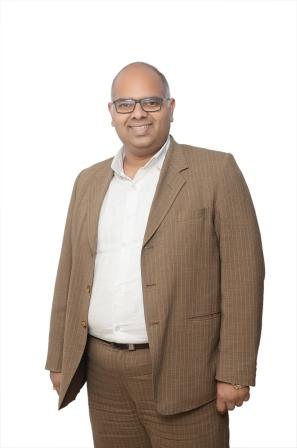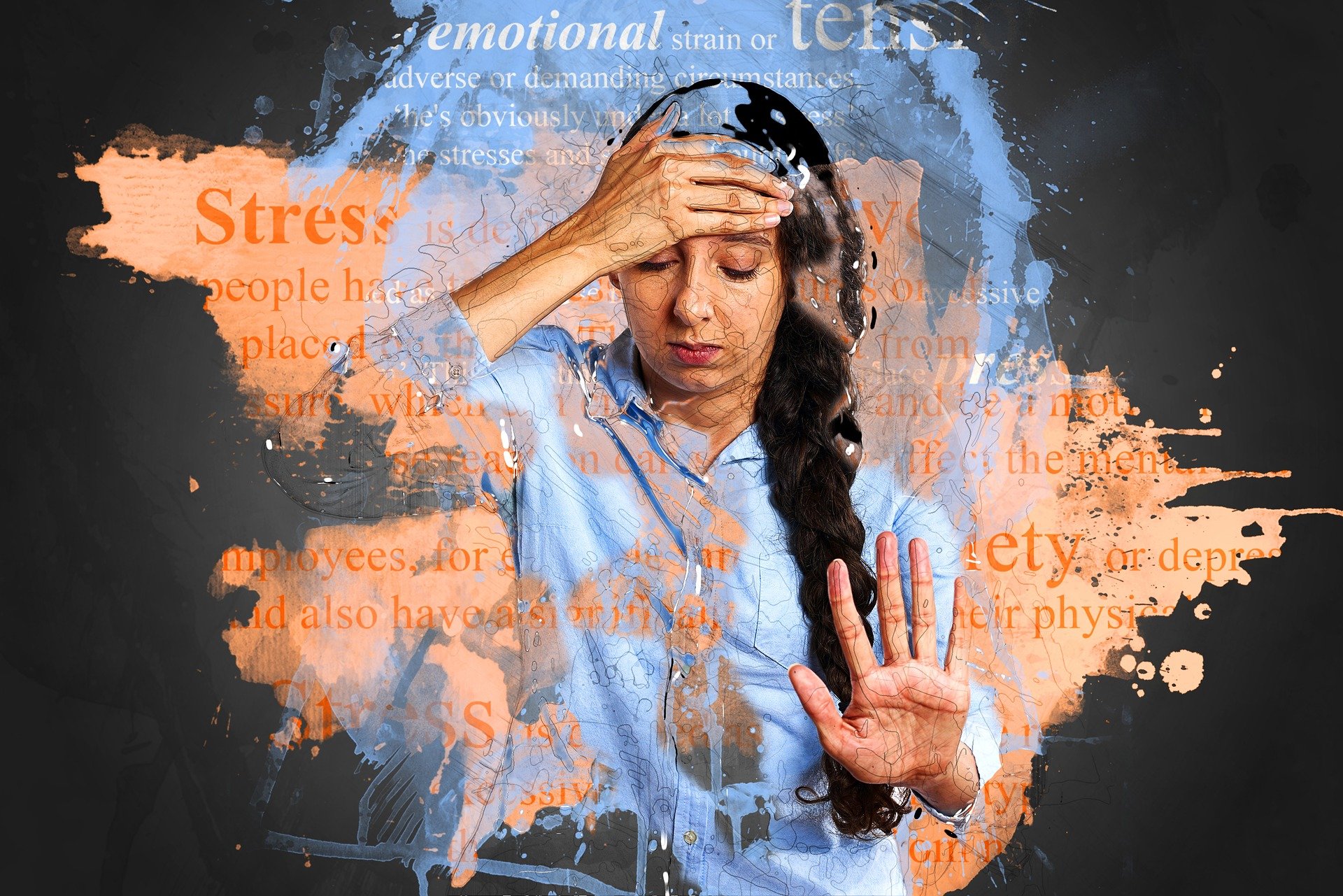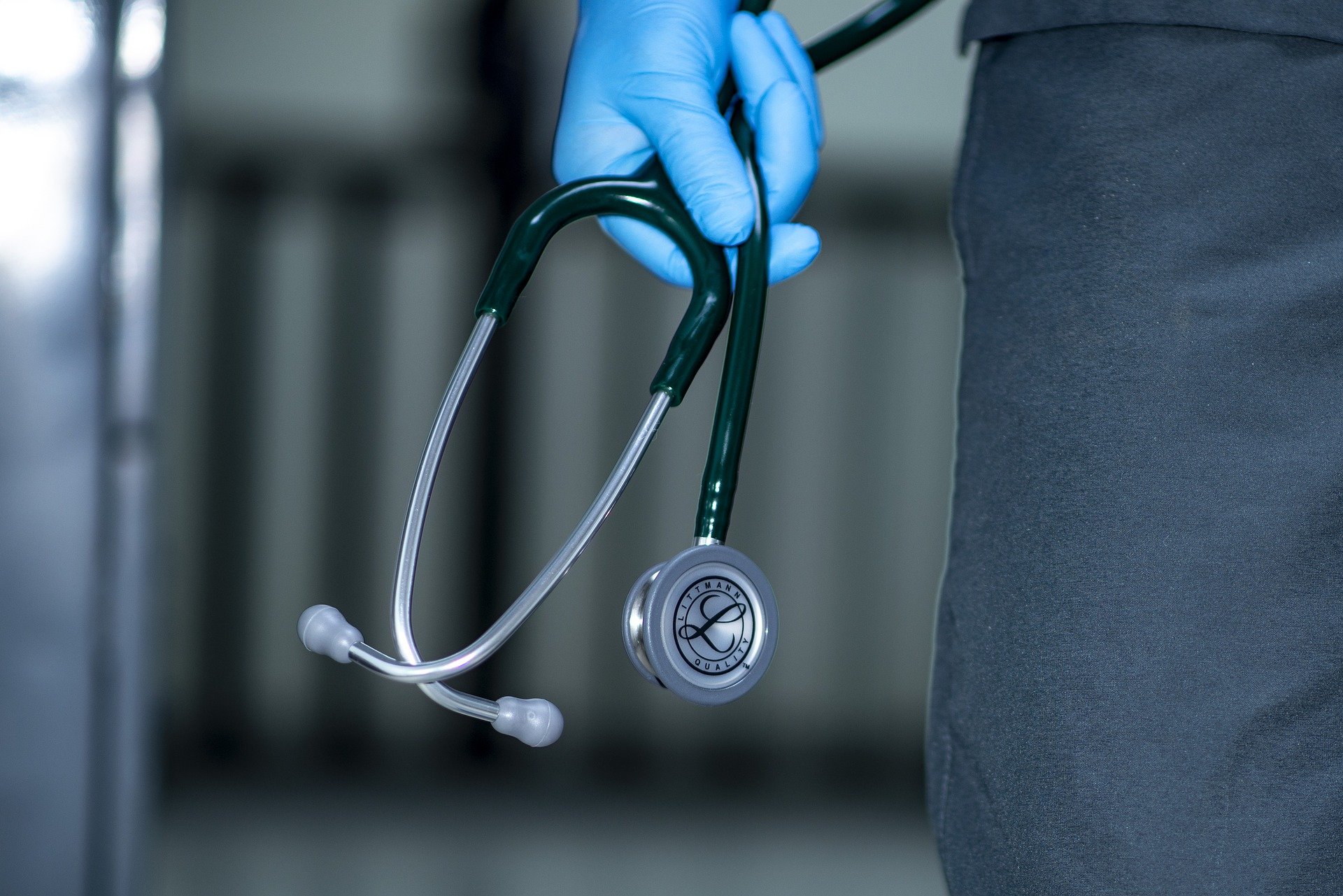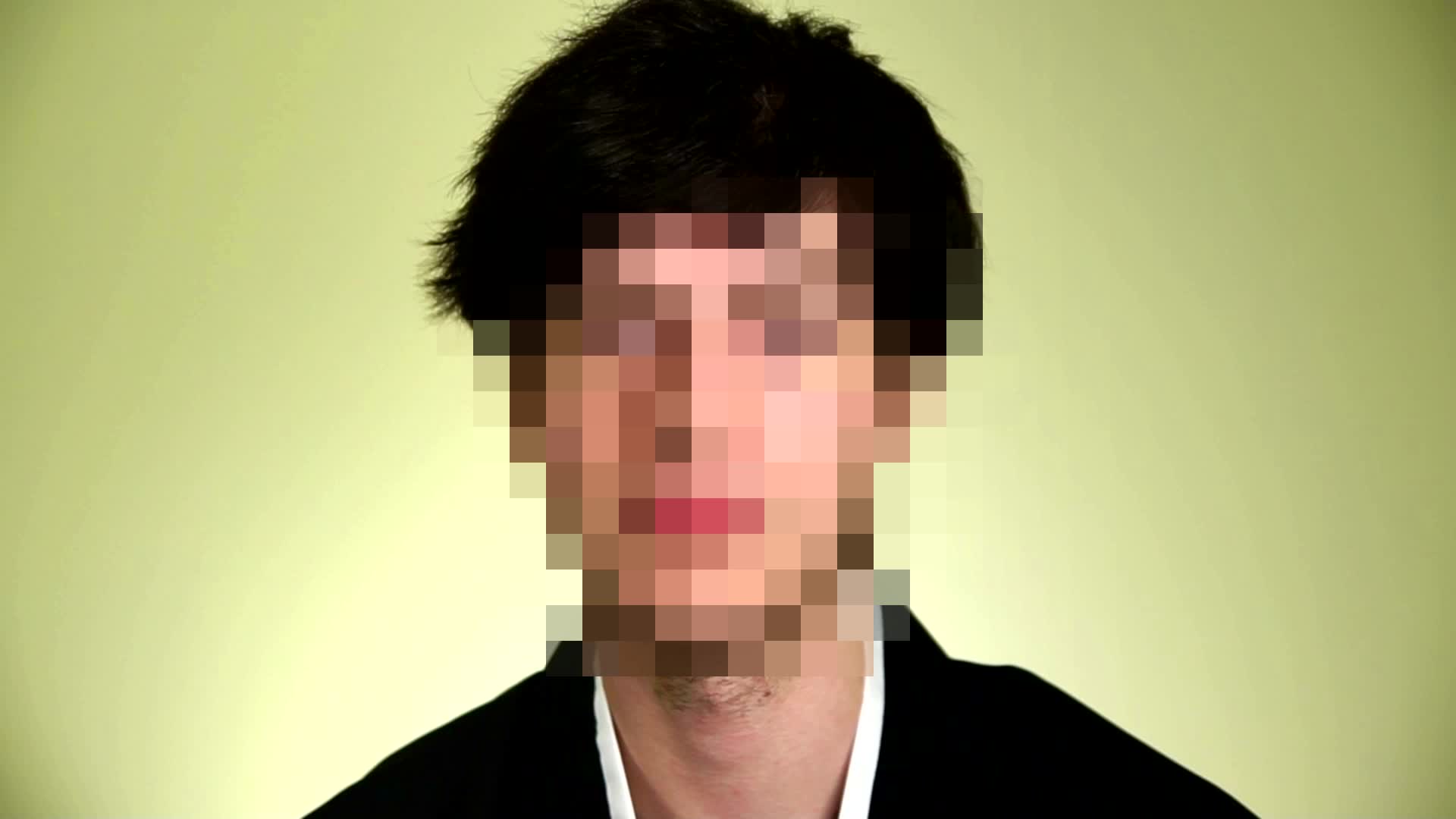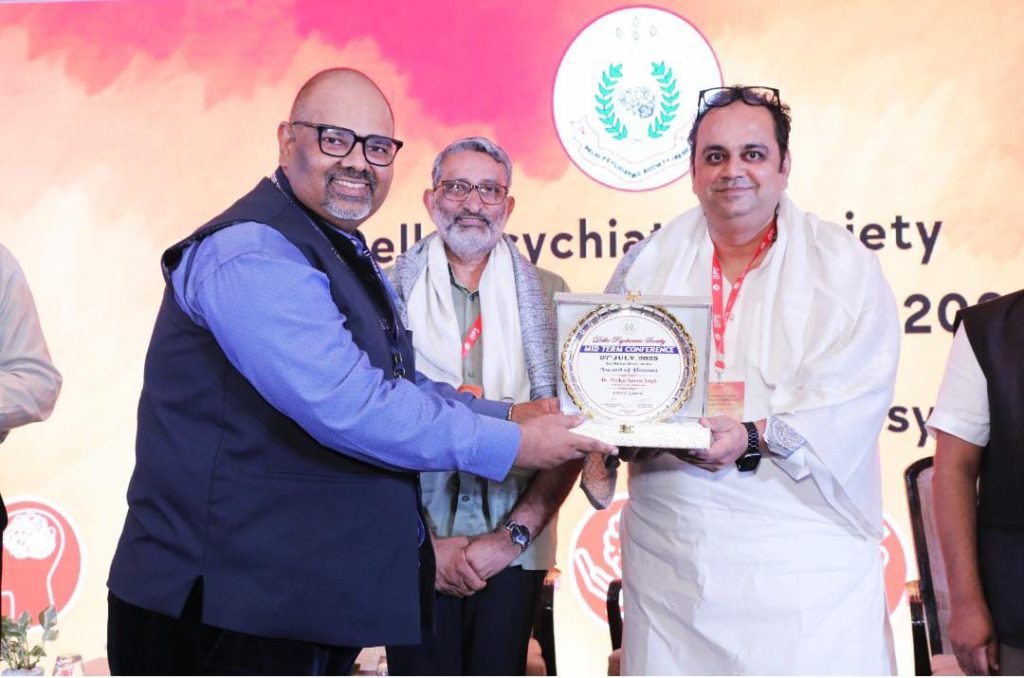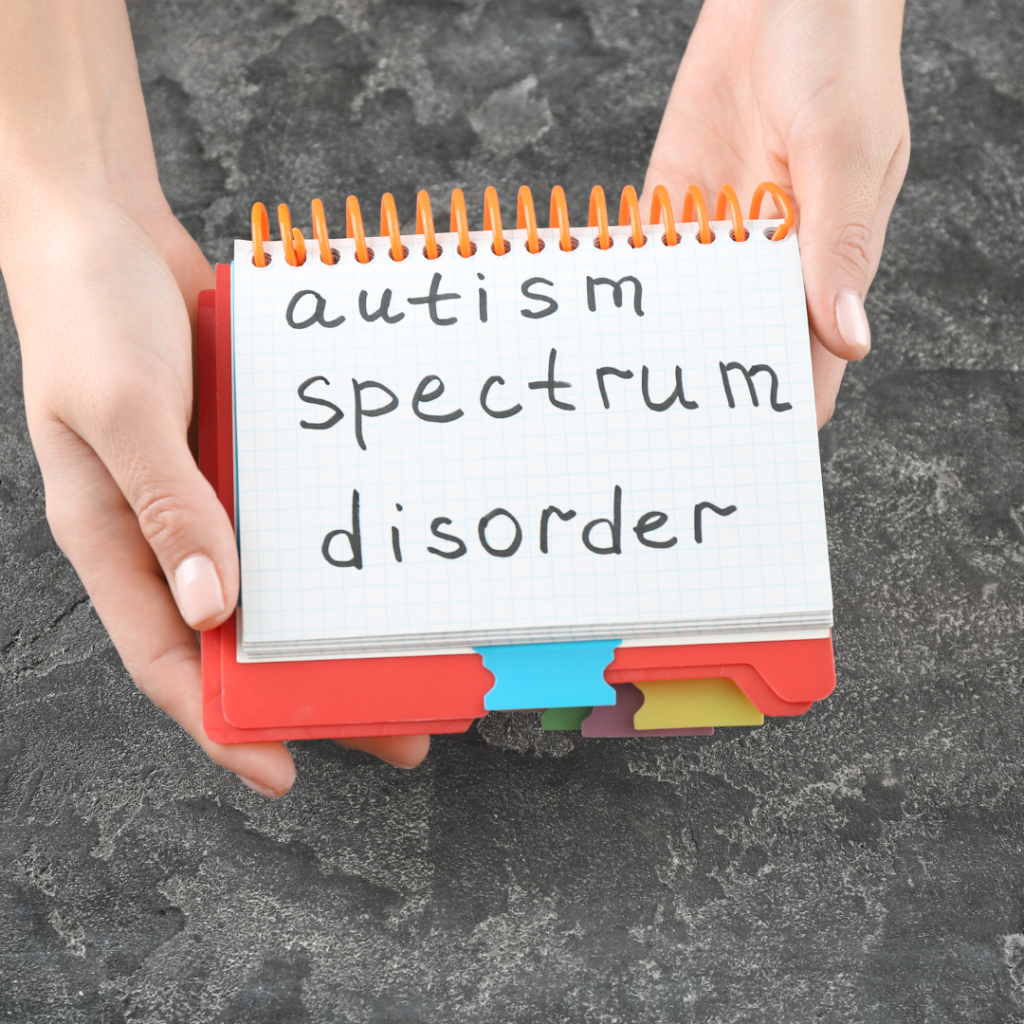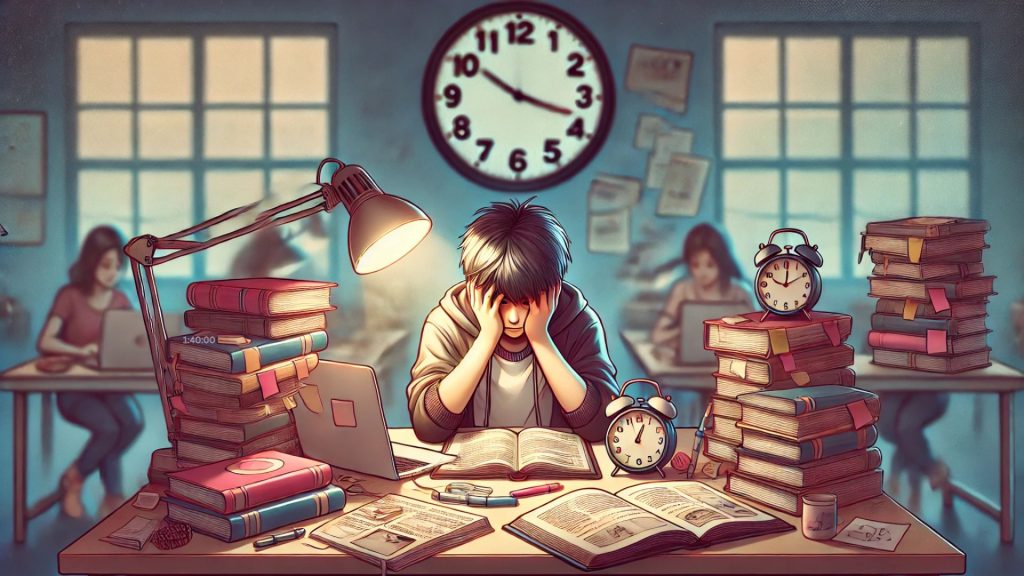
Our Service assurance methodology ensures best in service!
Our Treatment Programs
Exam Stress
Exam preparations can cause a lot of stress to the students. It is the pressure of preparing for examinations that lead to exam stress and anxiety.
- Low energy, Headaches, Insomnia.
- Upset stomach, including diarrhea, constipation, and nausea.
- Aches, pains, and tense muscles.
- Chest pain and rapid heartbeat.
- Frequent colds and infections.

Depression
A mental health disorder characterized by persistently depressed mood or loss of interest in activities, causing significant impairment in daily life.
- Major Depression.
- Persistent Depressive Disorder.
- Bipolar Disorder.
- Seasonal Affective Disorder (SAD)
- Psychotic Depression.
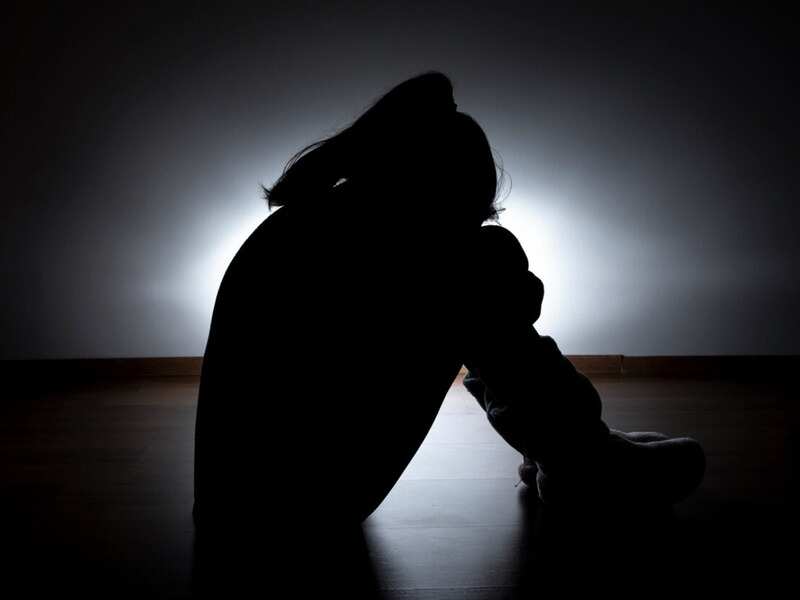
Social Media Addiction
Some indication consists of secluding residing, sleep disruption, using less time being social as well as considering getting yourself on the web.
- The first thing you do in the morning is check social media.
- You check social media during the work day.
- You are anxious when you cannot check your social media.
- You are constantly checking how your posts perform.
- You spend a lot of time overthinking and planning your posts.
Trauma & PTSD
A disorder characterised by failure to recover after experiencing or witnessing a terrifying event.
- Typically present as nightmares or flashbacks.
- Avoidance of external reminders.
- Altered anxiety state.
- Changes in mood or thinking.

Drug Addiction Treatment
The extensive, as well as the valuable substance rehab plan of the healers psychiatry center, is made to handle any substance dependence.
- Stage 1: Experimentation. Very few people set out to become addicted.
- Stage 2: Regular Use & Abuse. In this next stage on the road toward addiction, something that was once considered recreational or temporary becomes a lifestyle.
- Stage 3: Dependency & Tolerance.
- Stage 4: Addiction.

Alcohol Addiction
The all-embracing alcoholic therapy plan of The healers psychiatry center is designed to cure the body as well as thoughts concurrently.
- anxiety.
- nervousness.
- nausea.
- tremors.
- high blood pressure.
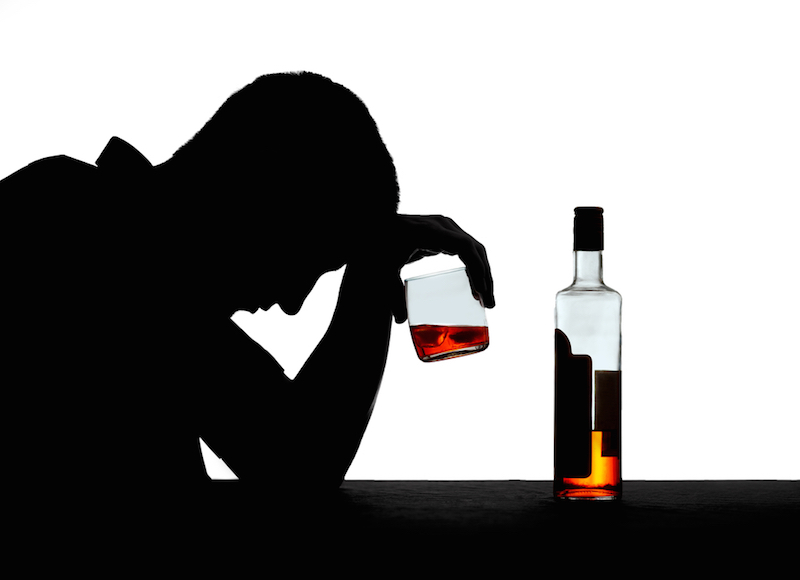
0 Happy Clients
0 Recovered Patients
0 Addiction free
Frequently asked questions
Find quick answers to common questions using our helpful FAQs.
1. How will I know if my treatment for depression is working?
As people recover from depression, the first symptoms that usually improve are problems with sleeping and loss of appetite (or excessive appetite). After that, energy and interest in activities improve, as do the ability to think clearly and to function more productively. The last symptom to improve is the feeling of being depressed and discouraged, which can happen many weeks after treatment has begun. Although this same sequence of improvements may not be what everyone goes through, it is common.
You may be the last to recognize when the treatment is helping. Although others may see you getting better and while you may notice that you are able to function better, you may continue to feel depressed. This lingering feeling of depression may interfere with your ability to believe you are getting better, so it is important to stick with your treatment even when you have doubts about its effectiveness.
2. How much time do psychiatrists spend with patients?
Most psychiatrists spend 60% of their time with patients.
3. What do I do if I think the treatment I am receiving is not helping?
First, compare your perception of how the treatment is working with others who see you regularly and whom you trust. As mentioned in a previous answer, you may not feel better even though you are getting better. If others agree that progress is not occurring, however, don’t keep quiet about it. Talk to your psychiatrist, your family or primary care physician or your therapist.
Open, direct communication is essential for treatment, and it needs to flow in both directions – from patient to doctor and vice versa. A good psychiatrist will want to hear from you and will value your concerns. Anyone who dismisses what you say may not be worth working with.
Ask your psychiatrist why progress is not occurring. Ask how else you might be helped. For example, are there other treatments that could be considered?
You should also feel free to ask your psychiatrist for a second opinion about your treatment. This means you or your psychiatrist ask another medical professional to review your care and make suggestions to improve it. Getting a second opinion is common in medical practice. It can offer a fresh perspective and the opportunity to change or enhance your treatment. In general, a psychiatrist welcomes a second opinion, and if he or she doesn’t, you may not be working with the right psychiatrist.
Last and not least, don’t give up. Depression is a very treatable illness. Although some people respond to treatment in a month or two, others take longer. The statistics are encouraging: As many as 85 percent of people respond to appropriate treatment.
4. What are the 5 signs of mental illness?
- Feeling sad or down and Significant tiredness, low energy or problems sleeping.
- Confused thinking or reduced ability to concentrate.
- Excessive fears or worries, or extreme feelings of guilt.
- Extreme mood changes of highs and lows.
- Withdrawal from friends and activities.
5. What mental illnesses do psychiatrists deal with?
- schizophrenia.
- depression.
- bipolar disorder.
- eating disorders, such as anorexia and bulimia.
- hallucinations.
- post-traumatic stress disorder (PTSD)
- insomnia and sleeping problems.
- addiction, including to gambling, drugs, alcohol, and certain behaviors.
- etc.

Recovery Stories from our patients
We are very proud of the recovery treatment we provide. Read our testimonials from our happy patients.
Blog posts
The latest news and information from the world of finance and business.
Let’s Start Your Recovery!
Our sole mission is to provide you or your loved one with the personalized addiction treatment you need!
Dr. Pankaj Kumar (MBBS, MD)
Senior Consultant Psychiatrist, Psychotherapist & De-addiction Specialist
Founder & Chairman : Healers Institute of Deaddiction and Psychiatry, The Healers Psychiatry & Dental Centre
Senior Consultant Psychiatrist : Max Super Speciality Hospital, Sir Ganga Ram Hospital (visiting)
General Secretary : Delhi Psychiatry Society
